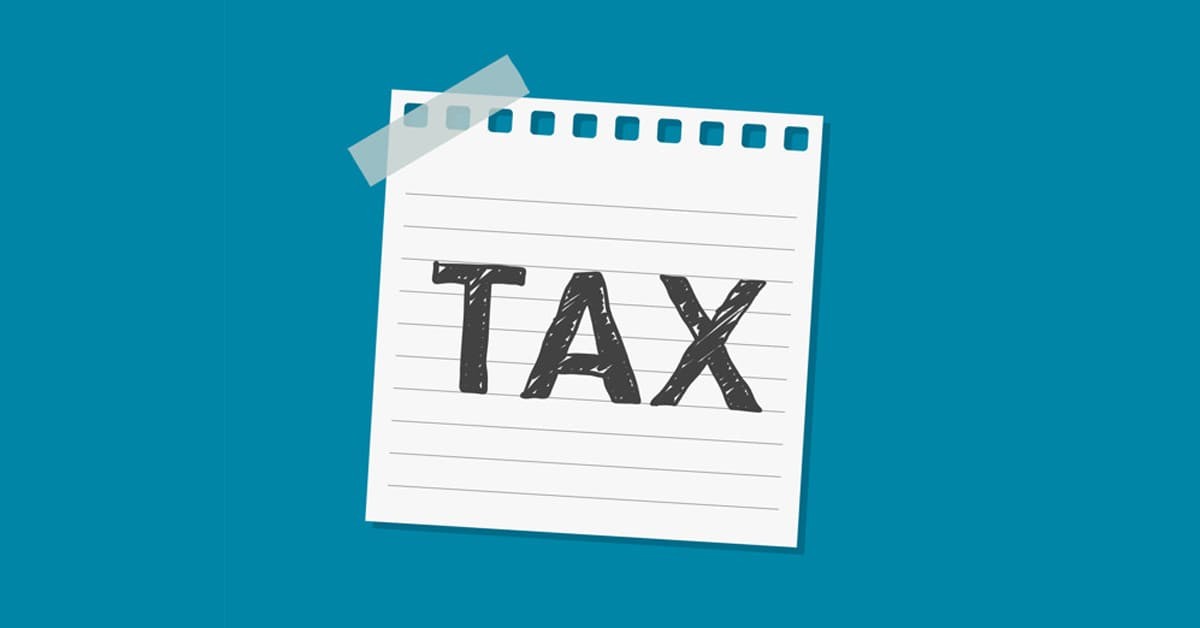Meaning of Double Taxation and why it arises?
Double taxation generally means taxation of same income of a person in more than one country. The main reason behind double taxation is that countries across the world different rules for taxing income. Basically, there are two main rules of income taxation:
(a) Source rule: Under this rule, the income may be subject to tax in the country where the source of such income exists (i.e., where the business establishment is situated or where the asset/ properly is located) whether the income earner is a resident in that country or not.)
(b) Residence rule: Under this rule, person may be taxed on the basis of his residential status in a country. Generally, if a person is resident of a country, he may have to pay tax on any income earned outside that country as well.
Interestingly, some countries like India follows mixture of the above-mentioned rules.
Thus, problem of double taxation arises if a person is taxed in respect of any income on the basis of source rule in one country and on the basis of residence rule in another country or on the basis of mixture of the above two rules.

Ways adopted to overcome the issue of double taxation
In order to overcome the hardship faced by tax payers due to double taxation, countries generally adopt two ways:
(a) Bilateral relief
(b) Unilateral relief
Under the concept of "Bilateral Relief", two countries may enter into Double Taxation Avoidance Agreements (DTAA's) so that the same income may not be taxed twice. Under DTAA, rules are being laid down for taxing the income by the country of source and the country of residence for various types of income. Such rules are termed as "Article" in DTAA.
Sometimes it is difficult to enter into an agreement for avoidance of double taxation with all the countries in the world. Then, in that eventuality, the hardship faced by taxpayer is of the most concern, more particularly when same income is being taxed in more than one country and such countries has not entered into "Double Taxation Avoidance Agreements" For these taxpayers, generally country of residence provide some relief from double taxation which is popularly known as "Unilateral relief".
Provisions relating to relief from Double Taxation in India
Bilateral Relief: The provisions relating to "Bilateral relief" are found in section 90 of the Income Tax Act which empowers Central Government to enter into an agreement with Government of other country for-
(a) grant of double taxation relief, for avoidance of double taxationwithout creating opportunities for non-taxation or reduced taxation through tax evasion or avoidance (including through treaty-shopping arrangements aimed at obtaining reliefs provided in the said agreement for the indirect benefit to residents of any other country or territory);
(b) exchange of information for the prevention of evasion or avoidance of Income Tax;
(c) recovery of income-tax.
Unilateral Relief: The provisions relating to "Unilateral relief" are found in section 91 of the Income Tax Act which can be availed if following conditions are satisfied:
1) The taxpayer must be resident in India.
2) Some income must have accrued or arisen to him outside India.
3) In respect of such income, the tax must have paid by deduction or otherwise tax under the law in force in the foreign country in question in which the income outside India has arisen.
4) There shall be no reciprocal arrangement for relief or avoidance from double taxation with the said country.
If all the above conditions are satisfied, such person shall be entitled to deduction from the Indian income-tax payable by him of a sum calculated on such doubly taxed income at the Indian rate of tax or the rate of tax of the said (other) country, whichever is the lower or at the Indian rate of tax if both the rates are equal.
You can also listen me
Wish you happy learning.








 CAclubindia
CAclubindia
